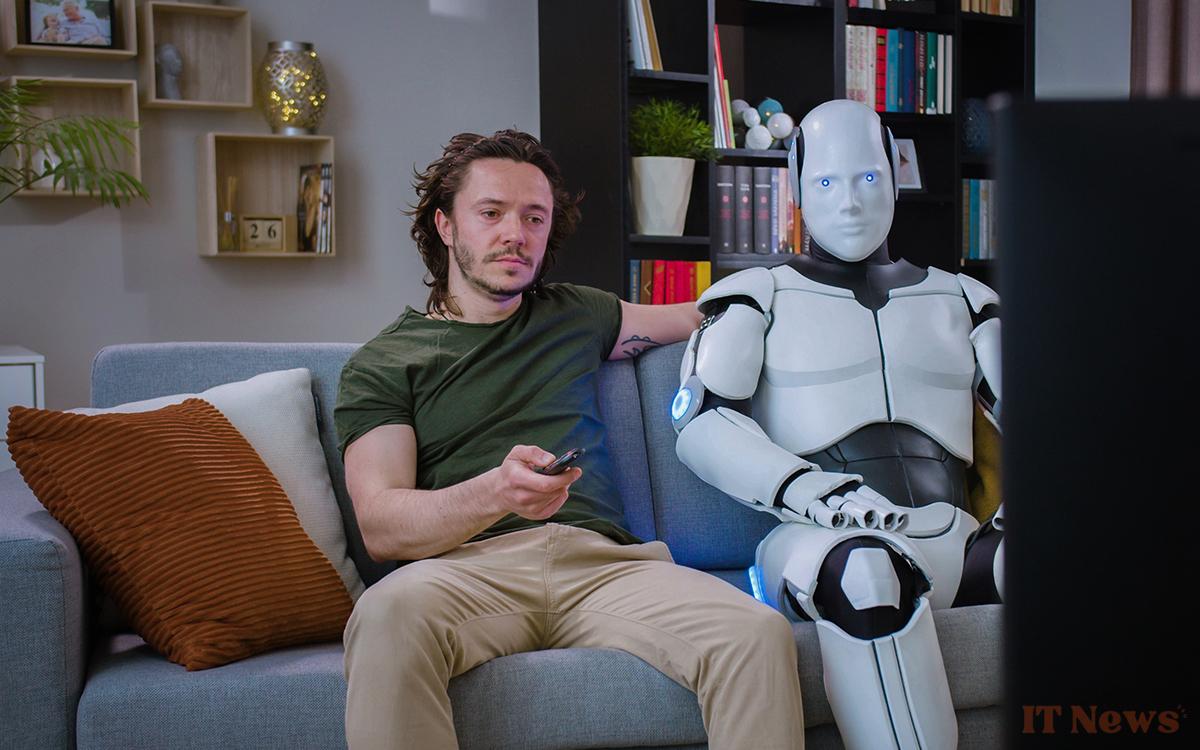Younger generations are growing up with increasingly sophisticated artificial intelligence. A recent study reveals a surprising perception of these technologies. This relationship between humans and machines could well revolutionize the way we view AI.
Artificial intelligence is progressing at an impressive speed. Recent models, such as ChatGPT o3, are now achieving IQs higher than those of the majority of humans. According to recent tests, this model achieved a score of 136 on the Mensa test in Norway, placing AI among the smartest 2% of the world's population. This dazzling advance is as impressive as it is worrying, especially among young people, who encounter these technologies on a daily basis.
According to a survey conducted by EduBirdie, a quarter of Generation Z already believes that AI is conscious. The latter, which includes people born between the end of the 1990s and the beginning of the 2010s, grew up in an ultra-connected world. More than half even think that it is only a matter of time before they become truly aware and claim their rights. For these young and old, surrounded by voice assistants, instant messaging and online courses Given that AI is used remotely, it's no surprise that it's perceived differently than researchers think.
A quarter of young people consider AI to be conscious and trust it with its secrets
The study shows that nearly 70% of Gen Zers say "please" and "thank you" when talking to an AI. Many use these tools to write work emails, request time off, or handle sensitive conversations. Some even go so far as to discuss personal issues with them, or even confide sensitive details about their work. This bond of trust reinforces the idea, for some, that artificial intelligence possesses a form of consciousness, even if technically, it is limited to processing information.
In reality, experts point out that a high level of performance does not mean consciousness. An AI can excel at solving complex problems without feeling emotions or being aware of itself. The impression of intelligence often comes from our tendency to attributing human qualities to machines. As these become more efficient, we will have to remain vigilant about the distinction between programmed reasoning and true autonomous thought.




0 Comments